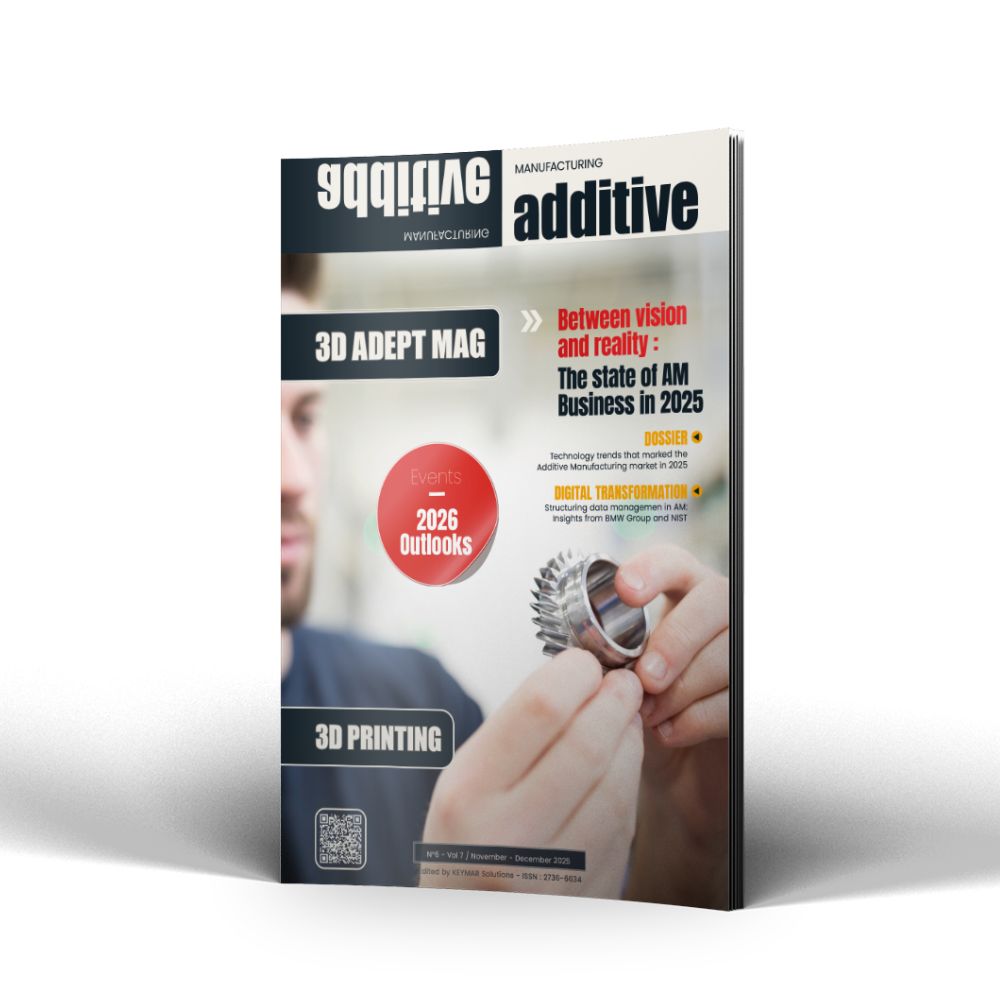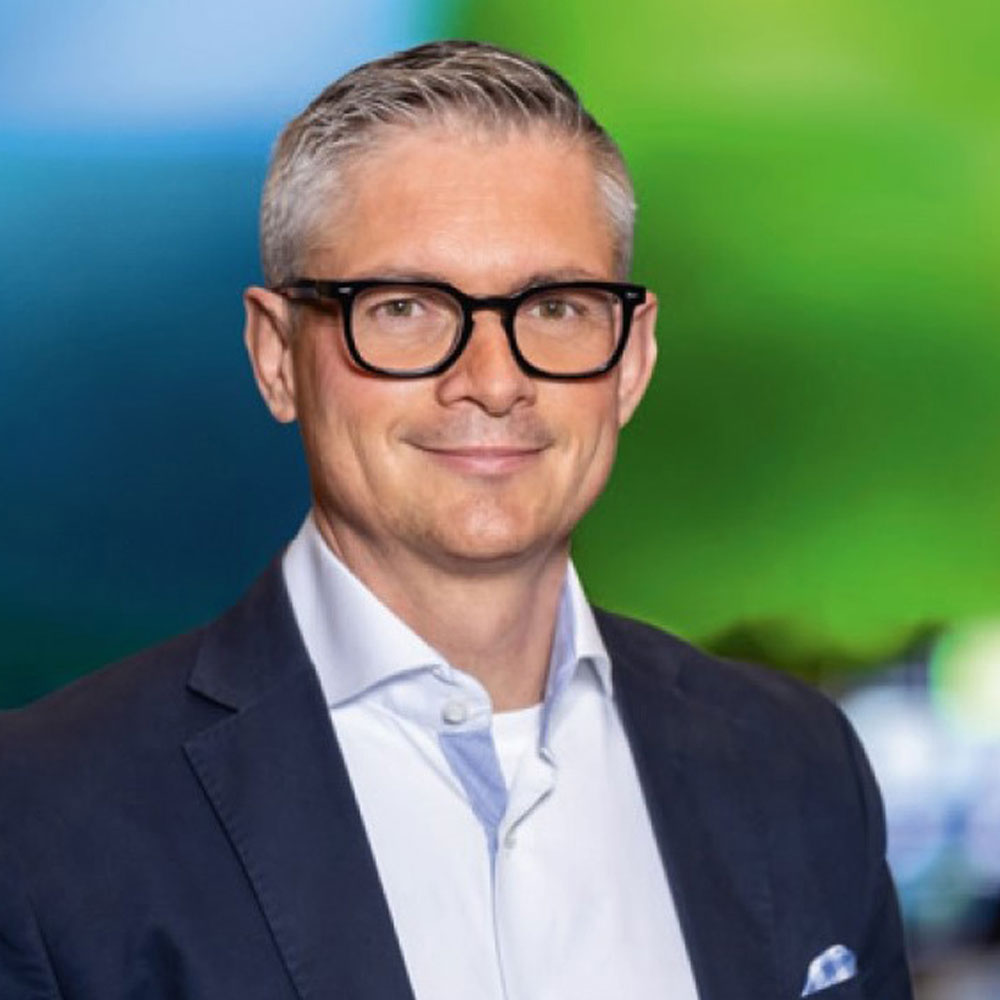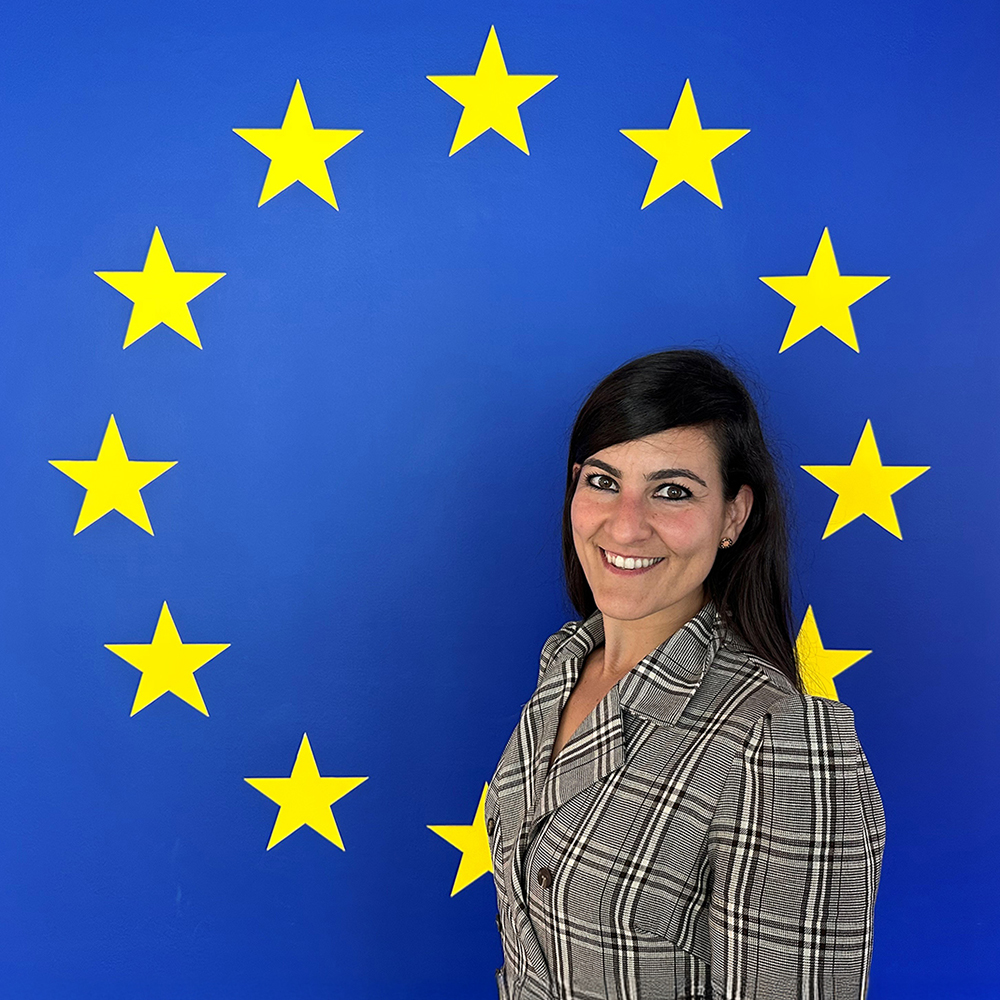A few weeks ago, hopes were high that the new German government would pay more attention to future technologies such as Additive Manufacturing – after all, 3D printing made it onto page four of the coalition agreement among the CDU, CSU, and SPD as a technology worth supporting. Under the title "Responsibility for Germany," the parties stated: “We will promote lightweight construction technology, Additive Manufacturing, and 3D printing." This position was also confirmed at the beginning of June when the economics ministers of the federal states met for two days in Stuttgart. "The Conference of Economics Ministers welcomes the fact that the promotion of lightweight construction technologies, Additive Manufacturing and 3D printing continues to be one of the political objectives at the federal level. This important signal should now be backed up with concrete measures," they declared in the minutes.
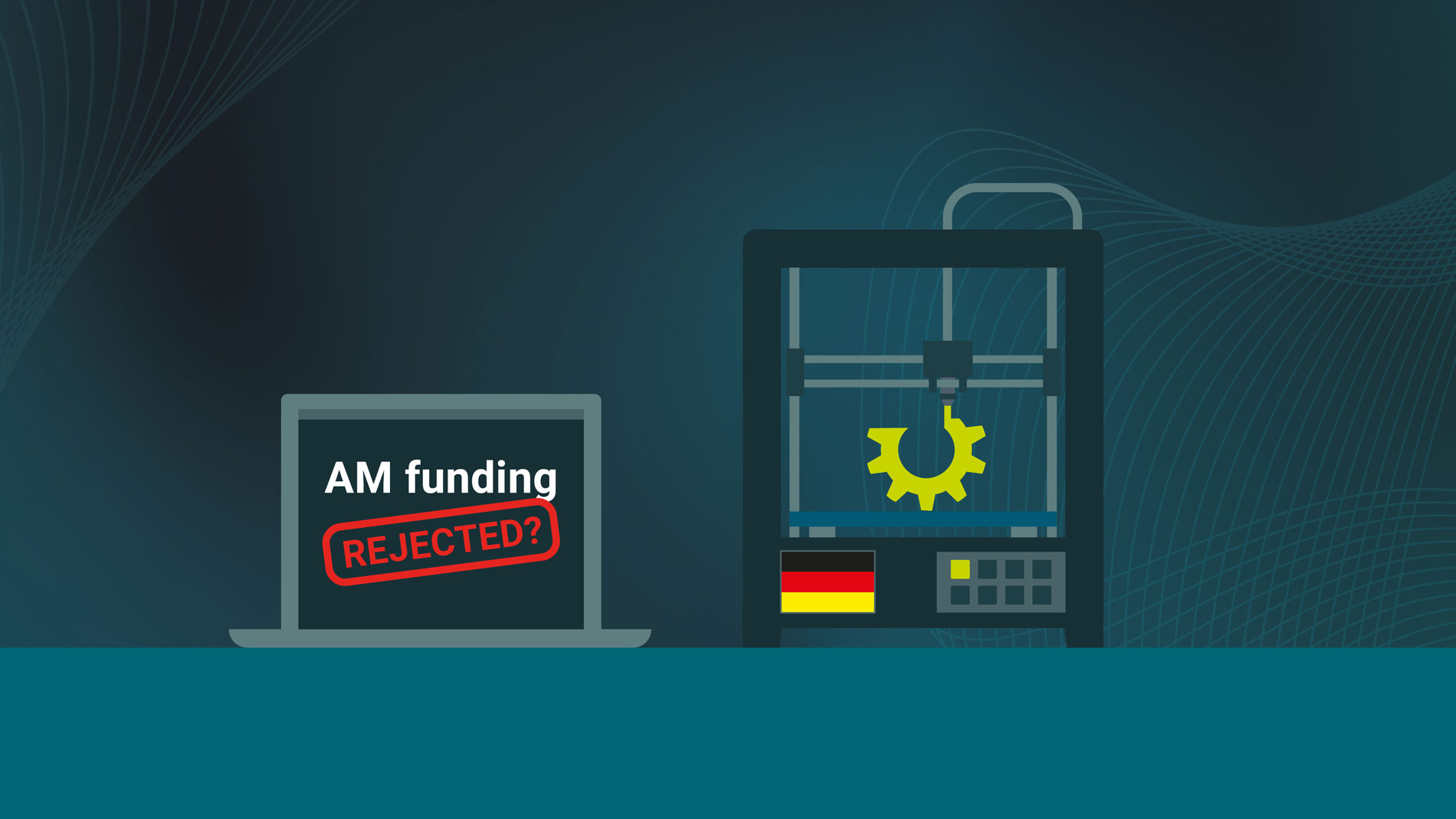
Time to wrap up
But now a surprising rude awakening has arrived: Additive Manufacturing (which was previously funded under the term “lightweight construction”) is not included in the federal government's current draft budget from 26 June 2025. According to page 3,364, instead of new projects, the only funds planned for lightweight construction are those that "serve exclusively to finance the obligations entered into in previous years and to complete the lightweight construction program".
Should this draft be realised in its current form, new innovations in Additive Manufacturing in Germany would probably have to be financed to an even greater extent by the private sector. This development is disappointing not only for the entire German AM industry, but especially for a group of prominent German AM experts who, with their unofficial working group "Germany Makes", are campaigning for Germany to secure a better position in the global race for the future of Additive Manufacturing and have also worked to ensure that the topic of AM enjoys a higher priority on the political agenda. Representatives from various universities, Fraunhofer Institutes, Deutsche Bahn, and Siemens are among those involved.
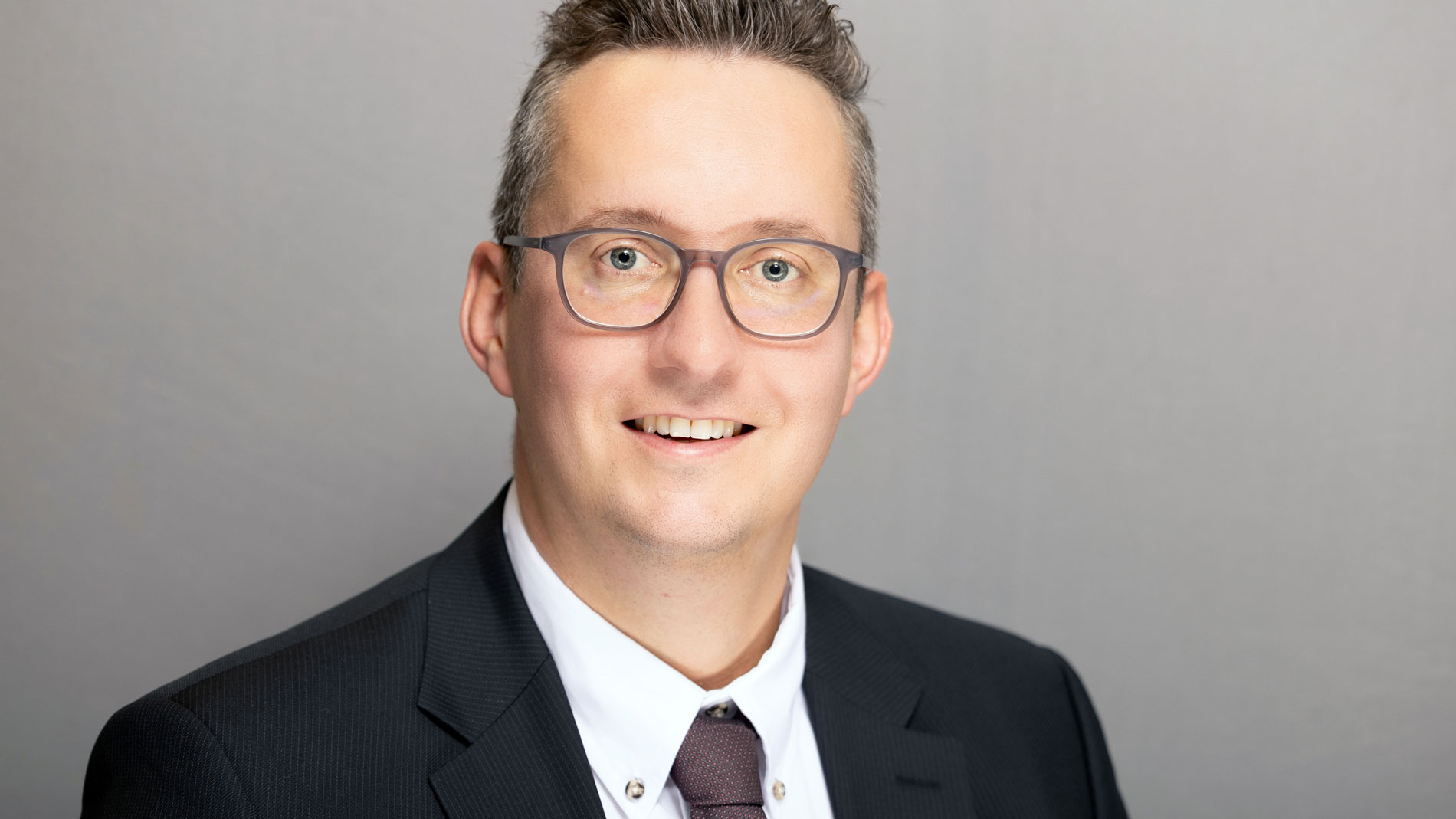
Strategy urgently needs updating
"With the new coalition agreement, we had hoped that Additive Manufacturing would receive systematic support both in the short and medium term in order to remain at the forefront of global competition," says Prof. Christian Seidel from the Munich University of Applied Sciences and Wohlers Associates, who is also involved in the Germany Makes group. For Seidel, it is now difficult to predict what the consequences for the AM landscape in Germany will be. "While other countries are driving progress in Additive Manufacturing with large sums of money, Germany now urgently needs to update its own strategy and implement it jointly between politics and industry. Continuing like this can lead to mediocrity."
Overall, the promotion of lightweight construction and Additive Manufacturing appears to be under threat from the cost-cutting efforts of the Federal Ministry for Economic Affairs and Energy (BMWE). While the budgets of other departments such as Labour and Social Affairs and Defence have increased significantly, the BMWE will have to make do with around 19 percent less in the current year according to the draft budget: The funds at its disposal have fallen from €11.1 billion to €9.0 billion.
In response to an enquiry from Formnext Magazine, the BMWE stated that it "continues to attach great importance to the key technologies of Additive Manufacturing and lightweight construction in transforming the industry with regard to climate neutrality and strengthening the competitiveness and innovative power of Germany as a business location”. It also continues to work on suitable framework conditions for enhancing and developing these technologies further. "Due to the ongoing budget negotiations, we are currently unable to provide any further information on the funding of individual subsidy programs."

